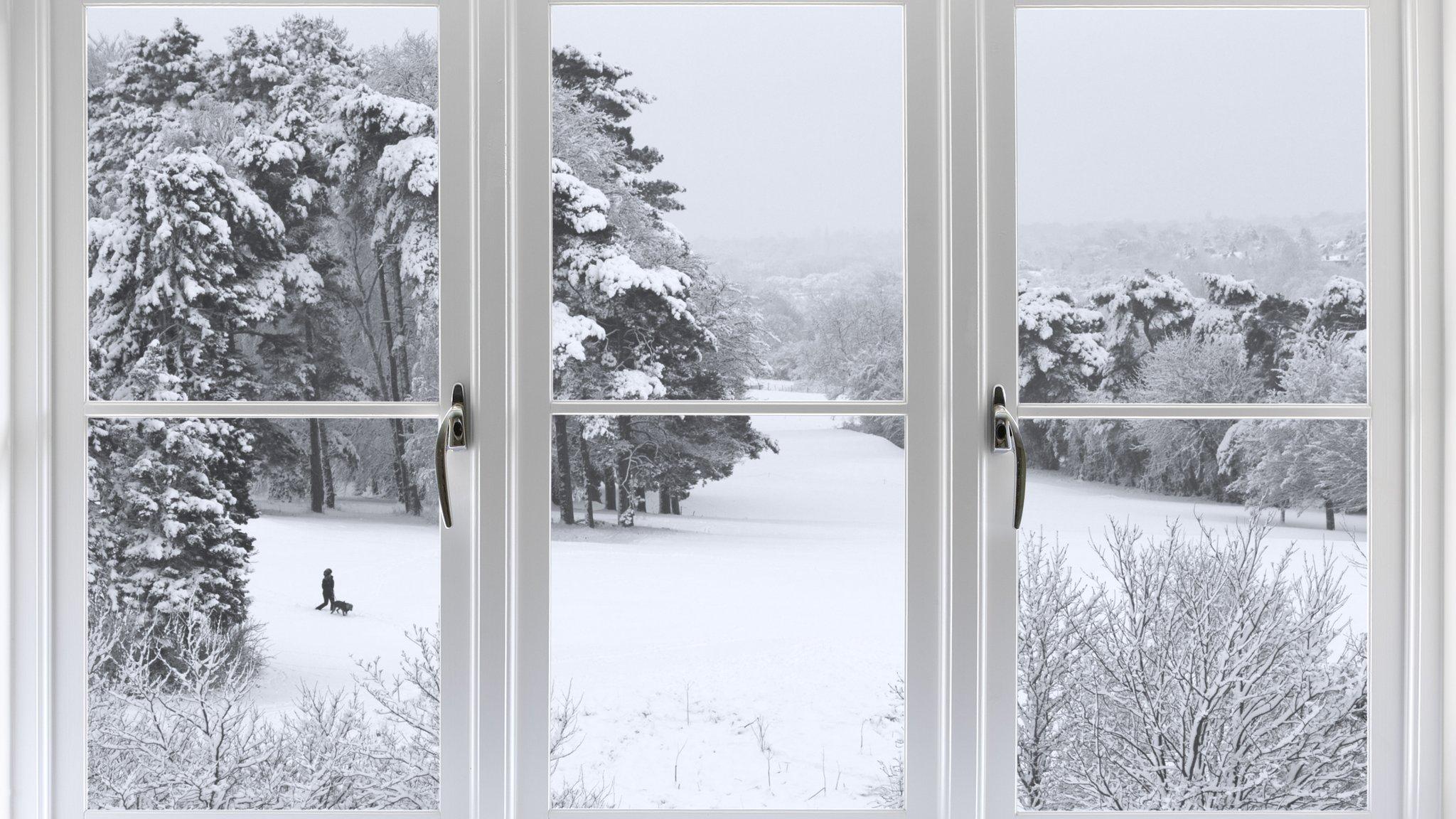First-time buyers 'at 11-year high'
- Published
- comments
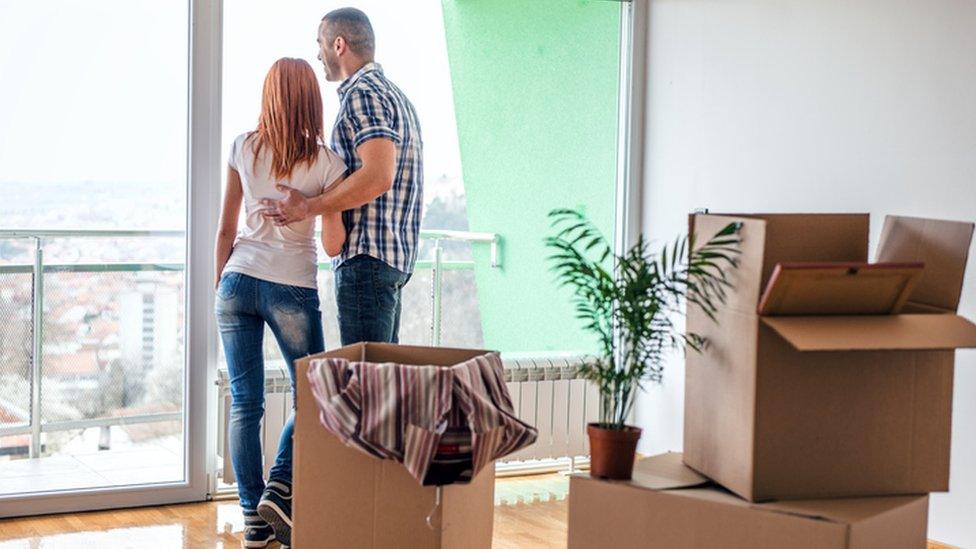
More first-time buyers took out mortgages in 2017 than in any year since the financial crisis.
There were 365,000 first-time buyers in the UK, the highest number since 2006 and an increase of 7.4% compared with 2016, UK Finance said.
Yet this growth is expected to cool in 2018, the lenders' trade body said. The buy-to-let market was also "less buoyant", it said.
Separate official data shows UK house prices rose by 5.2% in 2017.
The figures, from the Office for National Statistics (ONS), showed that the 4.8% rise in the price of properties bought by first-time buyers was a slower rise than elsewhere in the market.
The average first-time buyer taking out a mortgage was aged 30 and had an annual household income - either one individual or jointly as a couple - of £41,000, UK Finance said.
"Although the [mortgage] market remains competitive [for first-time buyers], there is no room for complacency, with weaker December figures consistent with our market forecast of subdued growth this year," said Paul Smee, head of mortgages at UK Finance.
The figures show that the average home mover was aged 39 and had an annual income of £55,000. However, the numbers of those moving dropped by 3% in 2017 compared with the previous year.
The number of new buy-to-let mortgages dropped by 17% year-on-year, while the number of landlords remortgaging was down by nearly 12%. Landlords have faced more stringent tax demands.
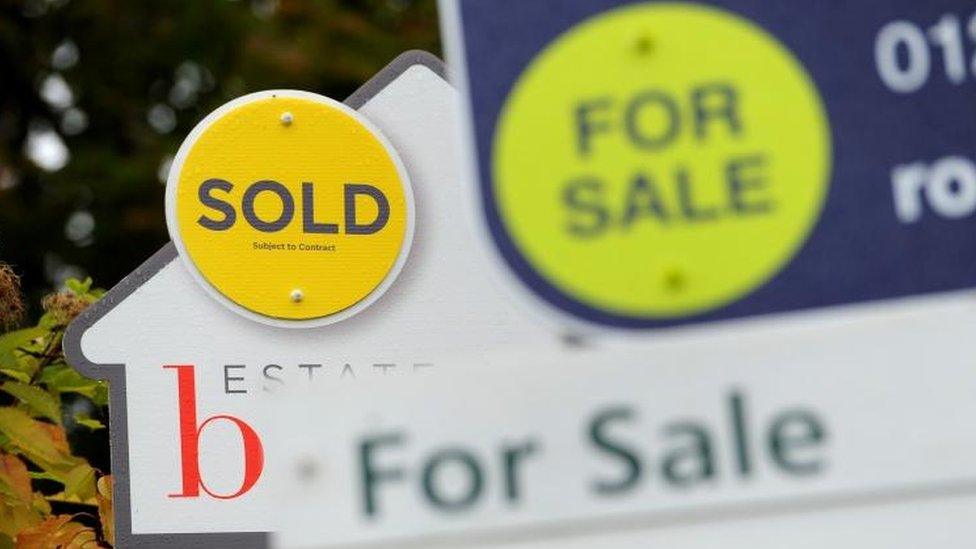
The average home in the UK costs £226,756, according to the ONS. This value rose faster than prices in general, as measured by inflation, in 2017.
Accountancy firm PwC said that the figures showed UK house prices had increased by 22% more than earnings between 2012 and 2017.
"This shows that house price growth has outpaced average earnings growth for the fifth consecutive year, further ratcheting up the affordability challenge," said Richard Snook, senior economist at PwC.
However, the picture is very mixed across the country.
London, where the average property still costs significantly more than elsewhere, at £484,173, saw the slowest annual house price growth of 2.5%, according to the ONS. This slowdown was showing some signs of shifting to the South East commuter belt, where house prices dropped by 0.5% in December compared with November.
Scotland saw the fastest year-on-year rise in prices, up 7.7%, taking the average house price to £149,000.
Another set of ONS data shows that rent paid by tenants in Britain to private landlords rose by 1.1% in the year to January 2018, down from a 1.2% annual rise the previous month.
- Published9 July 2020
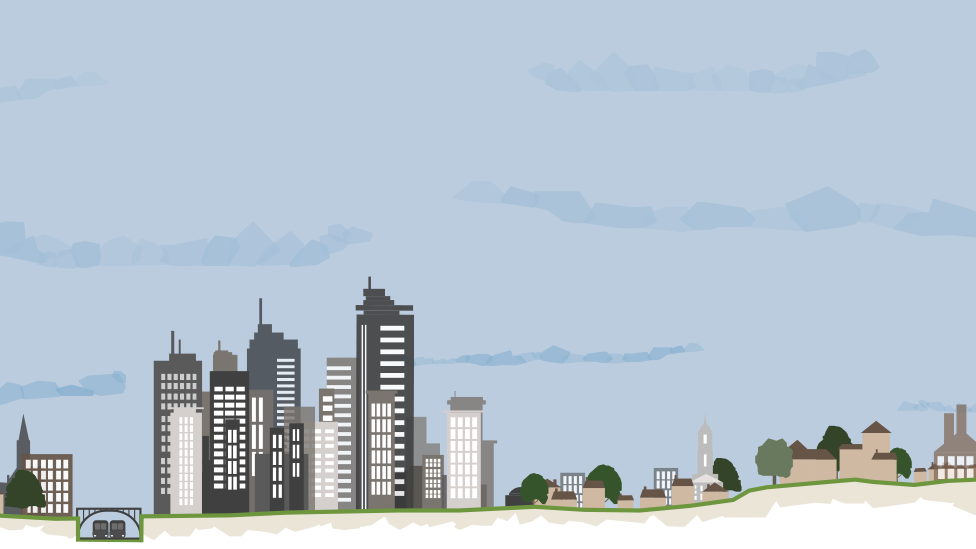
- Published10 November 2017
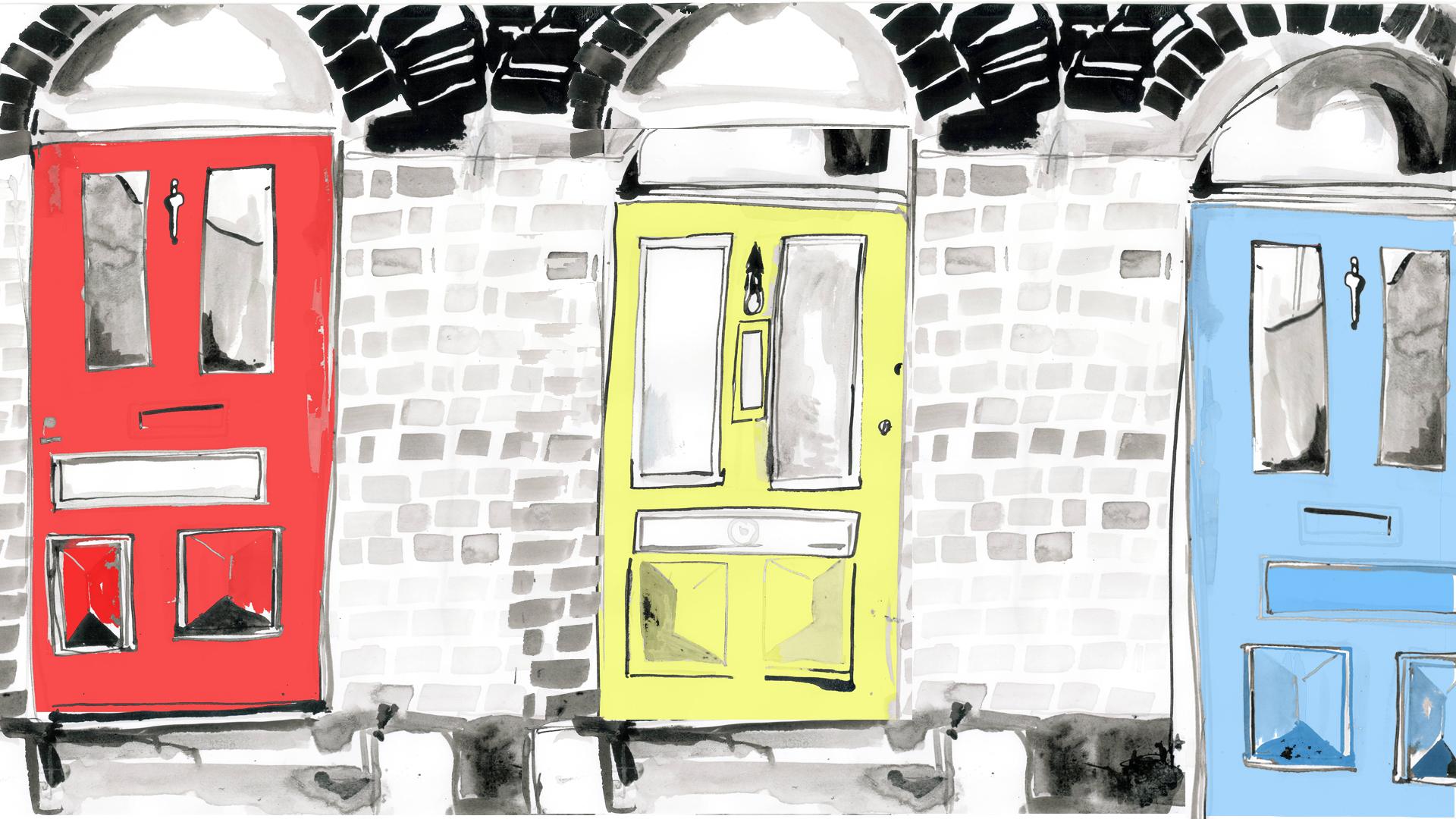
- Published7 February 2018
